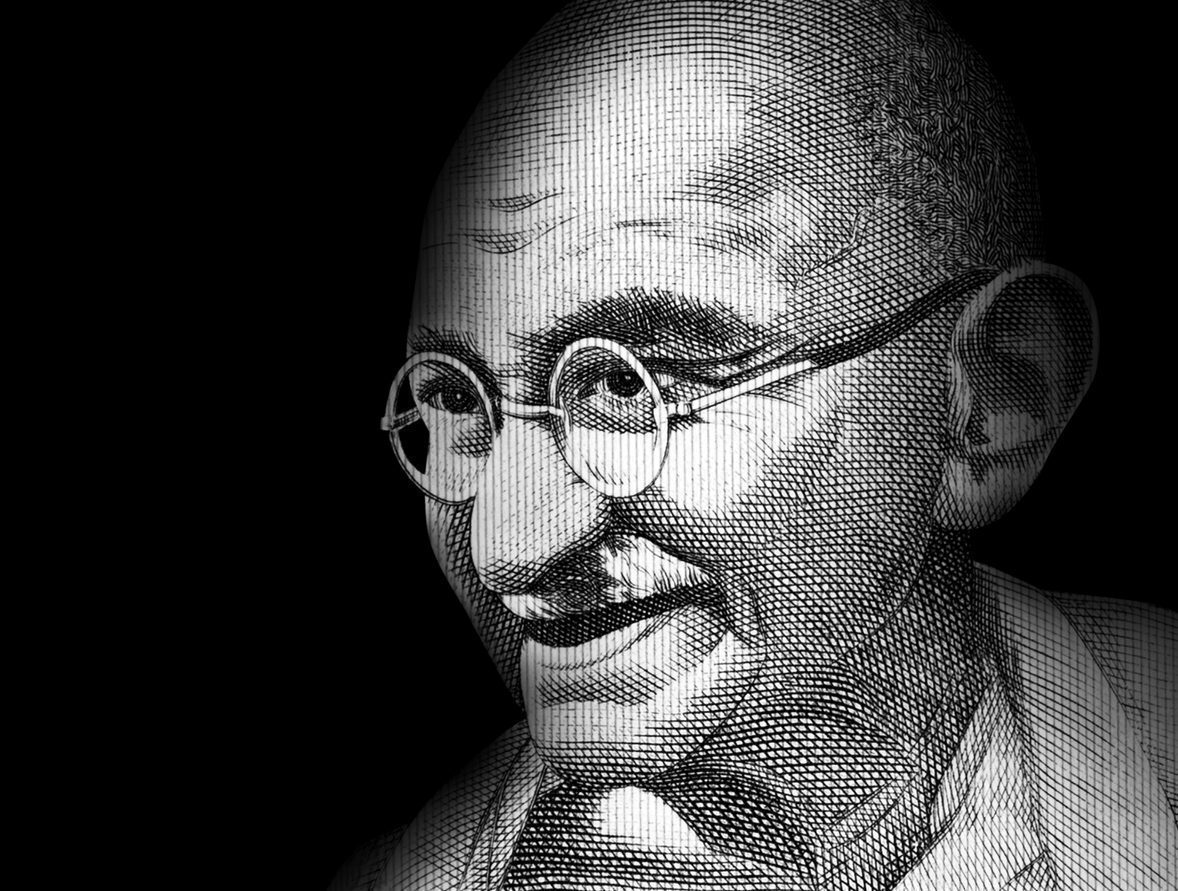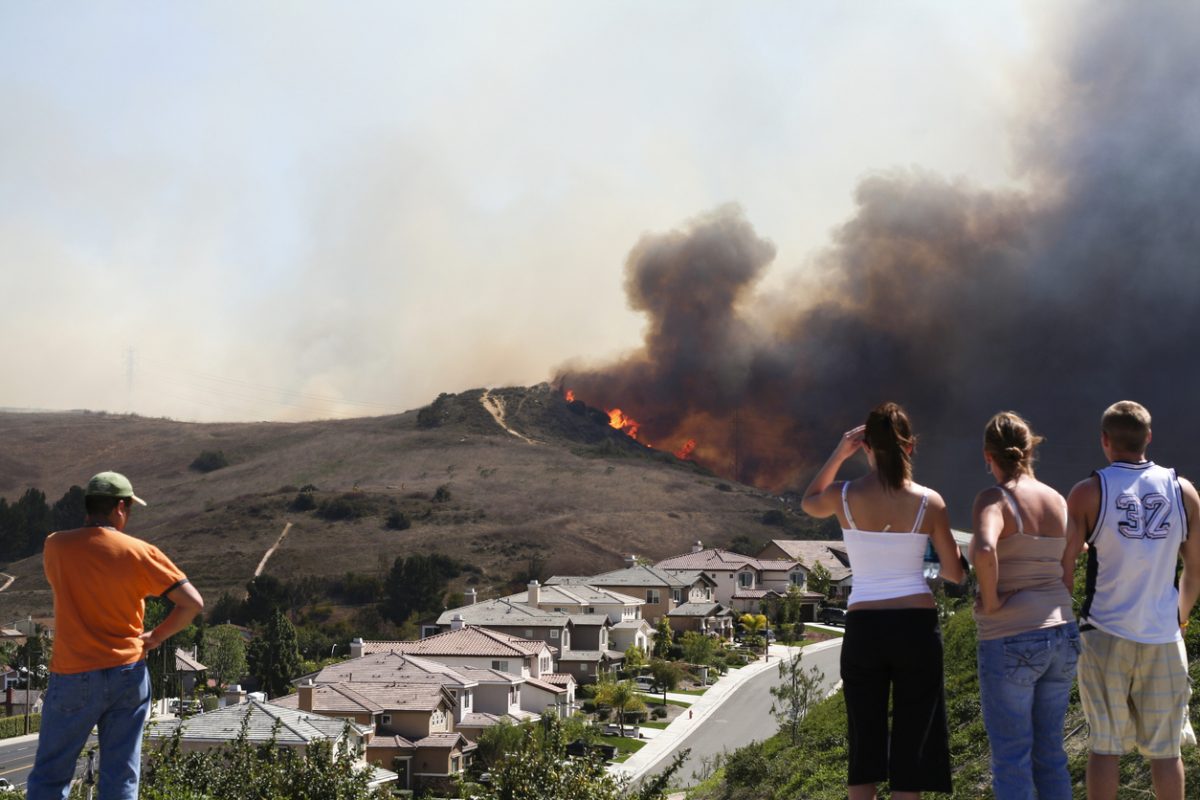
The Role of Consultation-Liaison Psychiatry in the COVID-19 Pandemic
The overwhelming circumstances generated by the coronavirus disease 2019 (COVID-19) outbreak are testing health systems like never before, and consultation-liaison psychiatrists are also challenged. Consultation-liaison psychiatrists are responsible for contributing clinical knowledge and skills to the high-quality, multidisciplinary care of acutely ill COVID-19 patients. There has been a proliferation of protocols for the replacement of in situ psychiatric assessment of patients with COVID-19 by a phone or video call or by acting as an advisor to other specialists. In my opinion, the use of telepsychiatry as the cornerstone of psychiatric care for COVID-19 hospitalized patients raises concerns. I want to make clear that I consider unbearable the possibility of working without protective measures. But, we need to make security compatible with our commitment to both patients and our specialty.
Seven weeks ago, at the beginning of the enormous wave of pain and death that has devastated thousands of families in Spain and around the world, I visited a 40-year-old man hospitalized due to a severe COVID-19 infection. Although he was getting better physically, he was still in distress. He shared with me that in the previous days, he had asked the doctors to end his life, as he could not bear any more suffering. He said that one of the reasons he wanted to end his life was due to the indescribable loneliness: a loneliness that reeked of death. A loneliness that was only qualified by the distant presence of health care professionals dressed in space-like suits and of whom he could just barely see the eyes. I asked him about using an iPad in the following days. He said, “You don’ t know how much it helps me when someone comes here and stays with me for 5 minutes.” That was all I needed.
Telepsychiatry is a promising way of expanding the reach of psychiatric care and improving cost-effectiveness. This crisis can be an opportunity to further develop this method of intervention to the benefit of patients. But, we must use telepsychiatry when it gets us closer to the patients, not when it keeps us away from them. Telepsychiatry can be extremely helpful in the times of social distancing for community mental health care, which will be especially important in the months ahead when many people will surely need our help.
In consultation-liaison psychiatry, telepsychiatry could be highly beneficial for some COVID-19 patients. Telepsychiatry allows face-to-face interview (without masks) and permits a more comfortable conversation. It could be a useful tool for some hospitalized patients with good cognitive and clinical status who have been adequately assessed and need a more psychotherapeutic approach, requiring longer and frequent interviews. Telepsychiatry can also be crucial for the psychiatric follow-up of COVID-19 patients after discharge, a transition that has been problematic in China.1 In the case of a shortage of psychiatrists or for patients hospitalized in remote locations, telepsychiatry could also offer a reasonable alternative. And, of course, it must be used if adequate protective measures are unavailable.
However, the use of telepsychiatry as a method of choice for the assessment of patients hospitalized with COVID-19 raises several concerns. First, it could be less reliable than in situ assessment. Telepsychiatry offers advantages in terms of accessibility, cost-effectiveness, flexibility, and consumer engagement.2 These strengths make telepsychiatry more applicable to community mental health programs than to patients in the hospital. There are still very limited data on the use of telepsychiatry in acute settings, though some interesting results have been shown with video calls.3 It seems reasonable to think that the remote assessment of acute patients, especially those with a serious medical condition and a psychiatric need, will probably miss clinically important details. These details will surely be missed in a phone call, but also most likely in a video call as well, which is especially relevant considering that COVID-19 patients are presenting with neuropsychiatric problems that we do not yet fully understand.
Second, it could deepen the emotional isolation of patients. Accompanying the patient and establishing a therapeutic bond through human contact is an essential part of our work. Again, this is especially relevant in the current circumstances, given the conditions of extreme isolation that hospitalized COVID-19 patients are placed in. The patient mentioned previously made this clear to me.
Third, it could discredit our work. Accepting that our work is nonessential is not far from defining our clinical work as an accessory. In their recent critical report of the psychological interventions for COVID-19 patients in China, Duan and Zhu1 acknowledge that clinical psychiatrists and psychologists were strongly discouraged from entering isolation wards, being considered as “nonessential personnel.” Thus, professionals with no training in mental health care had to provide psychological support. High-quality psychiatric care is important not only for the emotional well-being of patients, but also for a good medical outcome in many cases, as we all know. Consultation-liaison psychiatrists save lives too, and we should not convey a different message. If we do, someone will soon say that we are not necessary. And, we are.
Fourth, it is an impractical method. Many patients are elderly and unfamiliar with technology. Many patients are confused or delirious.
Fifth, it could be considered an unsupportive method for not only patients but also for our colleagues. What will internists, pulmonologists, and intensive care unit and emergency physicians think of us as clinicians? Moreover, what will ophthalmologists, surgeons, dermatologists, and endocrinologists, to name but a few, who have abandoned their regular practices to work on the frontline during the COVID-19 outbreak, think?
In sum, I believe that if we really consider our clinical work to be important, mere protection against COVID-19 does not justify a retreat from our duty to provide patients the best possible care. Other doctors have not retreated from their duty to their patients just to protect themselves.
Last week I read the inspiring letter by Dr William C. Torrey.4 As in war, he says, we as psychiatrists need to come together and get ready to do a work upon which we will one day look back and feel proud of. We need to really step up to the challenge we are facing. This is the moment of our lives. Let’s just do our job.
Received: May 11, 2020.
Published online: May 28, 2020.
Potential conflicts of interest: None.
Funding/support: None.
REFERENCES
1.Duan L, Zhu G. Psychological interventions for people affected by the COVID-19 epidemic. Lancet Psychiatry. 2020;7(4):300-302. PubMed CrossRef
2.Lal S, Adair CE. E-mental health: a rapid review of the literature. Psychiatr Serv. 2014;65(1):24-32. PubMed CrossRef
3.Butterfield A. telepsychiatric evaluation and consultation in emergency care settings. Child Adolesc Psychiatr Clin N Am. 2018;27(3):467-478. PubMed CrossRef
4.Torrey WC. Getting ready for COVID-19 [published online ahead of print May 4, 2020]. Psychiatry Serv. PubMed CrossRef
aDepartment of Psychiatry, Hospital Universitario Fundación Jiménez D×az, Madrid, Spain
bDepartment of Anatomy, Histology & Neuroscience, Universidad Autónoma de Madrid, Spain
*Corresponding author: Miguel ×ngel Sסnchez-Gonzסlez, MD, PhD, Department of Psychiatry, Hospital Universitario Fundación Jiménez D×az, Avda Reyes Católicos 2, 28040 Madrid, Spain ([email protected]).
Prim Care Companion CNS Disord 2020;22(3):20com02669
To cite: Sסnchez-Gonzסlez MA. The role of consultation-liaison psychiatry in the COVID-19 pandemic. Prim Care Companion CNS Disord. 2020;22(3):20com02669.
To share: https://doi.org/10.4088/PCC.20com02669
© Copyright 2020 Physicians Postgraduate Press, Inc.
Enjoy this premium PDF as part of your membership benefits!




